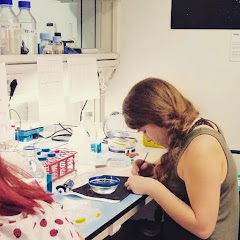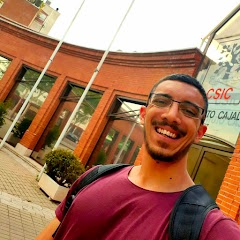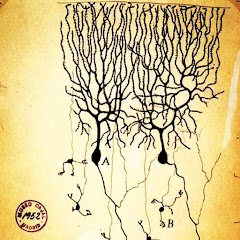The Laboratory of 'Molecular Bases of Memory and Neurodegeneration' of the Cajal Institute-CSIC (Madrid) offers 2 postdoctoral contracts to investigate on the molecular bases and applications of membraneless-organelles and amyloyds, a field that is being very actively investigated today and that has already revolutionized cell biology. The contracts will be for 2 years to work mainly in a FET Open European project (PathoGelTrap: “New Blue Revolution through a pioneering pathogen-trapping technology based on bioselective hydrogel-forming proteins”). The selected candidates will be part of an exciting working team that is in a very productive moment. Immediate incorporation.
 |
| The contracts will be for 2 years to work mainly in a FET Open European project "PathoGelTrap”. |
Requirements
PhD in Science (Biochemistry, Biology, Biotechnology, or Chemistry). We are looking for competitive and highly motivated candidates who want to continue their scientific career and has a significant number of high impact publications in leading international scientific journals. Extensive experience is required in molecular biology, protein engineering and biochemistry, and in particular in work involving the identification, activity and structure of protein forming membraneless organelles (biomolecular condensates that experience phase transition: liquid-liquid phase separation, LLPS y liquid-to-solid phase separation, LSPS) and amyloids (functional and pathological). We will value very positively the experience in working with hydrogels.
Our laboratory is interested in understanding the molecular mechanisms responsible for the function of proteins and in their biomedical and biotechnological applications
Our laboratory is interested in understanding the molecular mechanisms responsible for the function of proteins and in their biomedical and biotechnological applications
The Laboratory of 'Molecular Bases of Memory and Neurodegeneration'
Our laboratory is at the Cajal Institute, a pioneer and leading CSIC institution located in downtown Madrid. We are interested in understanding the molecular mechanisms responsible for the function of proteins and in their biomedical and biotechnological applications. Our focus has a strong multidisciplinary component that combines atomic force microscopy with protein engineering, structural biology, molecular dynamics, cell biology, and animal experimantation to understand the function and mechanism of action of proteins with a particular emphasis on the intrinsically disorordered proteins that form membraneless organelles and amyloids. Our current lines of research are fundamentally biomedical and are focused on understanding the mechanism of action of functional amyloids like CPEB (prionoid that forms biocondensates and amyloids, which controls memory consolidation) and neurotoxic proteins (associated to neurodegenerative diseases such as Alzheimer's or Parkinson's). In parallel, we also work in the field of biotechnology for the development of biological applications through protein engineering such as the production and optimization of cellulosomes for the development of biofuels and, currently, in the development of a system for trapping pathogens in the field of aquaculture.
The field: the proteins forming membrane less organelles & amyloids
The formation of amyloids (both functional and pathological) and membraneless organelles are two of the most fascinating properties of proteins. Instrinsically disordered proteins (such as CPEB family and most neurotoxic proteins) often contain low complexity regions (LCRs) that provide the ability to make phase transitions. This regulatory mechanism allows changing the state in which the protein is found (soluble > liquid droplet > hydrogel) depending on the conditions of the environment and is used by certain functional amyloids, which we plan to apply biotechnologically to develop new biological scaffolding systems. Specifically, the main objectives of the contracts are based on the cloning, production and analysis of proteins capable of forming liquid droplets (LLPS) and hydrogels (LSPS) to generate a recyclable pathogen capture system applicable to the field of aquaculture. The knowledge derived from these investigations will also be applied to other functional proteins and amyloids of interest in the laboratory.
Submission of applications
Please send your requests (including CV, cover letter and reference letters) until September 30, 2021 to Dr. Mariano Carrión Vázquez (mcarrion@cajal.csic.es).
Dept. of Molecular, Cellular and Developmental Neurobiology, Canal Institute-CSIC. Avda. Doctor Arce 37, 28002 Madrid. Websites:
Download the call document in PDF: Post-doctoral position - Proteins forming membraneless organelles & amyloids














No hay comentarios:
Publicar un comentario
Si quieres más información o te ha surgido alguna duda, envíanos tu comentario.